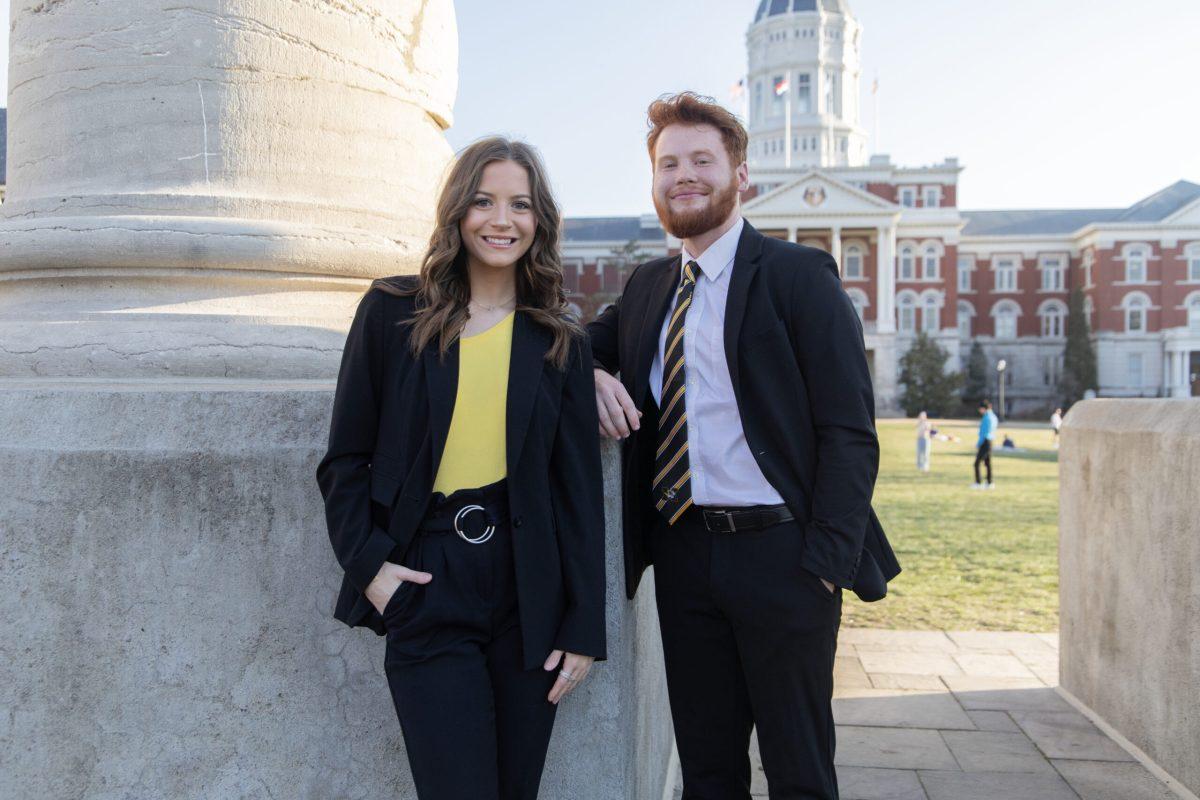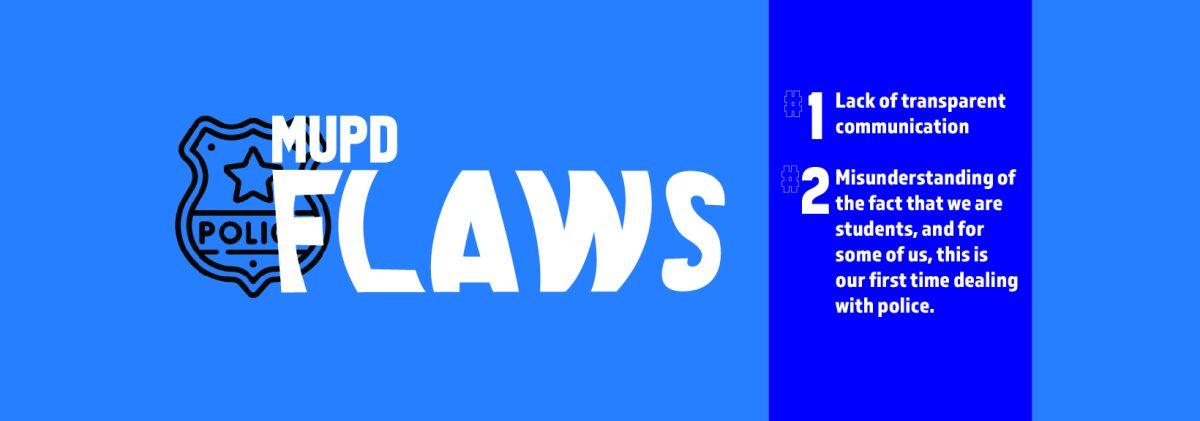The College of Education is considering retired Colonel Larry James for Executive Director of the division. James served as Chief Psychologist at Guantanamo Bay in 2003 and 2007-8 and at Abu Ghraib in 2004. As is now well-documented, the US government illegally tortured unknown numbers of people at these sites, in direct violation of international humanitarian law (i.e. war crimes), and in violation of the UN Convention Against Torture, signed by Reagan in 1988 and ratified by the Senate in 1994.
James’ leadership role at these torture camps has led human rights advocates to file misconduct and ethics complaints to have his license revoked in two states where he is licensed. These complaints were dismissed, despite substantial evidence (see www.WhenHealersHarm.org).
As reported in The Maneater, Dean Clay said on Friday, “We can’t discriminate against an individual based on unfounded allegations . . . he’s not been indicted or found guilty of any ethics or legal or licensing board violations through this process.”
Even though James and other decision makers have not been prosecuted, torture is illegal in the United States and around the world. The Convention Against Torture requires signatory nations to bring proceedings against those who authorize what is considered torture under international law, as well as for “an act by any person which constitutes complicity or participation in torture (Article 4).”
Under this legal framework, we should have dozens of people from the White House, the military and CIA already investigated and prosecuted. However, this has not been the case. Instead, only low-ranking officers such as Lynndie England have been prosecuted.
Instead, the Obama administration has pushed Congress, the Department of Justice and international courts to not investigate, prosecute or reveal torture details, even preventing innocent Guantanamo detainees from seeking justice by invoking the “state secrets” privilege.
Glenn Greenwald’s 2012 book “With Liberty and Justice for Some” details the actions taken to prevent those responsible for the illegal torture regimes from being held accountable. The book reveals the growing lawlessness in the U.S., where government officials are protected from prosecutions (beyond torture, remember the illegal wiretapping scandal, for instance), as well as those who are too big to jail (think Wall Street and HSBC, which was recently fined for laundering drug money, without criminal penalty).
Universities are traditionally places of independent thought. We should be able to see that in America the rule of law is broken. The economic and political elite have prevented justice from fairly being carried out for all who break the law.
Given this situation, what are we to do as a university, as a nation, when we cannot trust that a job candidate truly has been cleared of allegations? What do we do when cleared from prosecution does not mean innocence, because none of the responsible are being prosecuted and held accountable?
We as a university must censure torture and all who perpetrate it. We also must stand up to demand that justice is served to all in our nation, whether rich or poor, powerful or humble. Our nation was built on the rule of law, and only with the rule of law can we be a nation with liberty and justice for all.
Lindsey Saunders
[email protected]











